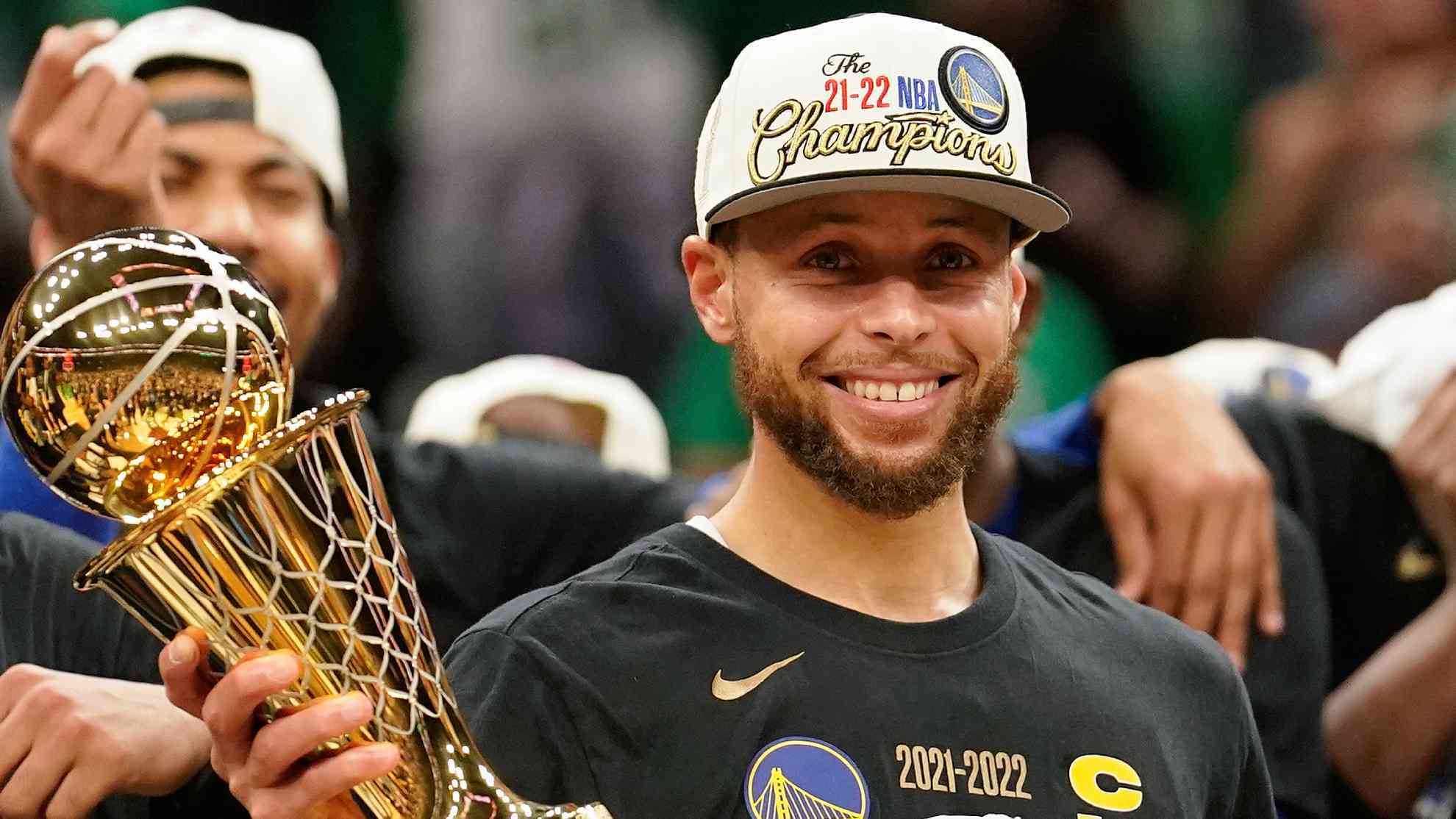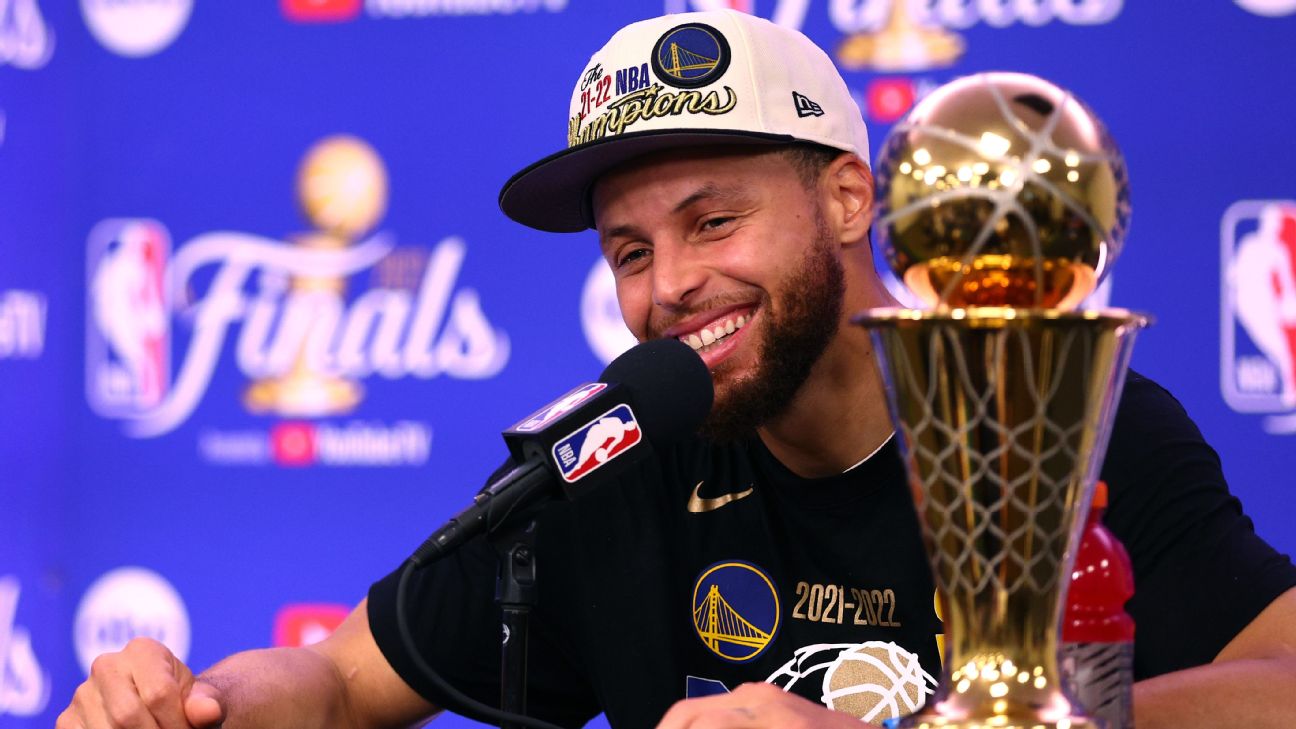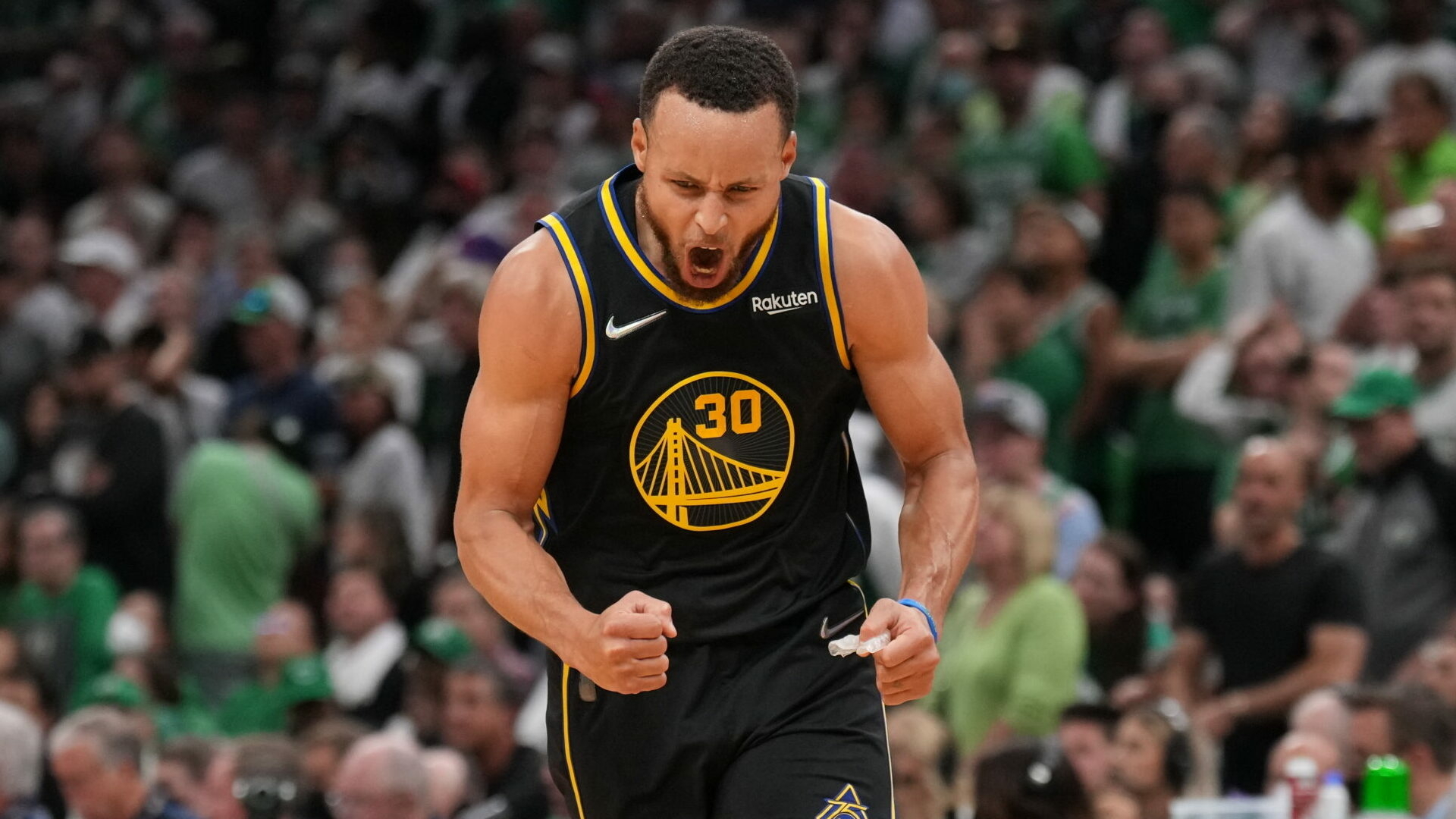Finals MVP Performances

The NBA Finals MVP award is given to the player who is deemed to have had the most impact on their team’s victory in the NBA Finals. Some of the most iconic Finals MVP performances in NBA history include:
Michael Jordan in 1991: Jordan averaged 31.2 points, 11.4 rebounds, and 6.6 assists per game in the 1991 Finals, leading the Chicago Bulls to their first NBA championship. He was named Finals MVP after scoring 33 points in Game 6 to clinch the series.
With the Finals MVP firmly in hand, the question on everyone’s mind shifts to the Celtics’ victory parade. While the exact date has yet to be announced, eager fans can stay updated by visiting when is celtics parade. The triumphant return of the NBA champions to their home city is a highly anticipated event, and the excitement is palpable as the Celtics bask in the glory of their hard-fought victory.
Shaquille O’Neal in 2000: O’Neal averaged 38 points, 16.7 rebounds, and 2.7 blocks per game in the 2000 Finals, leading the Los Angeles Lakers to their first NBA championship in 12 years. He was named Finals MVP after scoring 41 points in Game 7 to clinch the series.
In the fierce battle of the finals, the Finals MVP emerged, a beacon of excellence. Derrick White, with his dazzling teeth , illuminated the court. His blinding smile, a testament to his unwavering determination, fueled his every move. The MVP’s brilliance extended beyond his dazzling smile, as he led his team to a hard-fought victory.
Kobe Bryant in 2010: Bryant averaged 28.6 points, 8.0 rebounds, and 3.9 assists per game in the 2010 Finals, leading the Lakers to their second NBA championship in three years. He was named Finals MVP after scoring 30 points in Game 7 to clinch the series.
The Finals MVP is the player who is deemed to have played the best during the NBA Finals, the championship series of the National Basketball Association. The award is given to the player who has the most impact on his team’s success, as determined by a panel of voters.
The Celtics have won 17 NBA championships, the most of any team in the league. Their last championship came in 2008. The Celtics’ next parade will be held on when is the celtics parade 2024. The parade will start at 11:00 AM and will proceed down Boylston Street to City Hall Plaza.
The parade will feature the Celtics players, coaches, and staff, as well as floats and marching bands. The Finals MVP will be announced at the end of the parade.
LeBron James in 2012: James averaged 28.6 points, 10.2 rebounds, and 7.4 assists per game in the 2012 Finals, leading the Miami Heat to their second NBA championship in a row. He was named Finals MVP after scoring 30 points in Game 4 to clinch the series.
With the NBA Finals MVP in hand, the anticipation for the Boston Celtics’ championship parade grows. Fans eagerly await the announcement of “when is the Celtics parade 2024” here. As the excitement builds, the city prepares to celebrate the culmination of an unforgettable season for the Finals MVP and their triumphant Celtics.
Stephen Curry in 2015: Curry averaged 26.0 points, 5.2 rebounds, and 6.3 assists per game in the 2015 Finals, leading the Golden State Warriors to their first NBA championship in 40 years. He was named Finals MVP after scoring 26 points in Game 6 to clinch the series.
Key Factors Contributing to Success, Finals mvp
Several key factors can contribute to a player’s success in the NBA Finals. These include:
- Individual statistics: Players who are named Finals MVP typically have impressive individual statistics, including high points, rebounds, and assists per game.
- Team dynamics: Players who are named Finals MVP often play on teams that have a good overall record and are well-coached.
- Overall impact on the game: Players who are named Finals MVP often have a significant impact on the outcome of games, making key plays and contributing to their team’s success.
Criteria for Finals MVP Selection

The Finals MVP award is given to the player who is deemed to have played the most outstanding role in leading their team to victory in the NBA Finals. The selection process is based on a combination of statistical and qualitative factors.
Statistical Factors
The most important statistical factors considered in the voting process are:
- Points per game
- Rebounds per game
- Assists per game
- Steals per game
- Blocks per game
- Field goal percentage
- Free throw percentage
- Three-point percentage
These statistics provide a quantitative measure of a player’s overall performance. However, they do not tell the whole story.
Qualitative Factors
The voting process also takes into account qualitative factors, such as:
- Leadership
- Clutch performance
- Defensive impact
- Intangibles
These factors are more difficult to quantify, but they can be just as important as statistical performance.
Potential Biases and Controversies
The Finals MVP selection process is not without its potential biases and controversies. One common criticism is that the award is often given to the player who scores the most points, regardless of their overall impact on the game. Another criticism is that the award is sometimes given to players who play for the winning team, even if they did not have the best individual performance.
Despite these potential biases, the Finals MVP award is still a prestigious honor that is given to the player who is deemed to have played the most outstanding role in leading their team to victory in the NBA Finals.
Impact of Finals MVP on Legacy

Winning the Finals MVP award is the pinnacle of individual achievement in basketball. It signifies a player’s dominance on the grandest stage and cements their place among the game’s elite. The award has a profound impact on a player’s legacy, elevating their status and leaving an enduring mark on the sport.
Players who have captured the Finals MVP have often seen their careers reach new heights. For example, Michael Jordan’s six Finals MVP awards are widely considered a testament to his unparalleled greatness and have helped establish him as the greatest player of all time. Similarly, LeBron James’ four Finals MVP awards have solidified his legacy as one of the most dominant and versatile players in NBA history.
Reputation and Historical Standing
The Finals MVP award also has a significant impact on a player’s reputation and historical standing. Players who win the award are often remembered as the driving force behind their team’s championship victory. They are lauded for their leadership, clutch performances, and ability to rise to the occasion when it matters most.
For instance, Magic Johnson’s Finals MVP performance in 1980, when he averaged a triple-double, is still celebrated as one of the greatest individual performances in NBA history. Likewise, Tim Duncan’s three Finals MVP awards have cemented his legacy as one of the greatest power forwards of all time.
Winning the Finals MVP award is a testament to a player’s talent, determination, and leadership. It is an honor that can transform a player’s career and leave an indelible mark on the game of basketball.
In the annals of sports, the Finals MVP stands tall, a testament to exceptionalism. Their brilliance on the grandest stage propels them to the pinnacle of their craft. Finals MVP embodies the spirit of triumph, the culmination of countless hours of dedication and sacrifice.
They leave an enduring legacy, etching their name in the hearts of fans and inspiring generations to come.